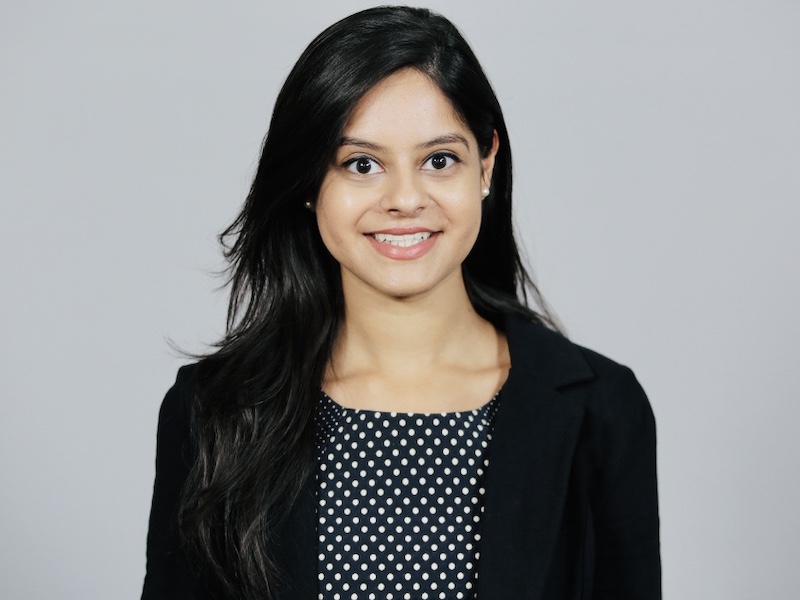Devina is proactive in her roles to help develop the social movement of impact and change and contribute to healthcare policy and implement changes nationally.
Her work has been noticed and for her contribution to medical education, training and policy for Junior Doctors nationally and she was invited to 10 Downing Street to meet the Prime Minister and Health Secretary.
Devina is the appointed national RCGP Clinical Champion for Hearing Loss and collaborated with NHS England/Improvement and The Royal National Institute for Deaf People. She contributed to ENT related consultations from NICE, UK National Screening Committee, Department of Health and reviewed NIHR research proposals for the Health Technology Assessment Programme. She is currently working with the team at NIHR James Lind Alliance Priority Setting Partnerships for anosmia and ageusia.
Dr Maru was invited to sit on the international Ototoxicity Committee, for the Department of Defence Hearing Centre of Excellence. It comprises doctors, scientists and researchers across the world with an interest in ototoxicity and otoprotection, helping the Department of Health, veterans, and civilian populations.
Her work in healthcare leadership, medico-politics and healthcare policy has brought about change and put forward solutions to benefit the health sector and she has been selected for the National Medical Director’s Fellowship, a prestigious scheme to develop a growing pool of future medical leaders who will go on to shape healthcare in this country.
Devina is an advocate for young female leaders and was selected to speak in the Health Leadership Academy House of Lords event on Women in Leadership and won the RCGP national awards for Foundation Doctor of the Year 2019 and GP Speciality Registrar award 2021.
Whilst working as a Doctor in London, Devina has seen how wider determinants of health, access to care and health behaviours have resulted in health inequalities amongst our communities. She is a co-founder of a Charity educating, promoting and improving young people’s health and wellbeing in deprived areas and providing opportunities for lower socio-economic and ethnic minorities. She strongly believes we must encourage and foster health promotion and have a proactive approach. Collaborating with schools and empowering young people to live healthier lives by improving their physical, mental and social wellbeing is the start of the journey to foster a healthier culture in generations to come.

